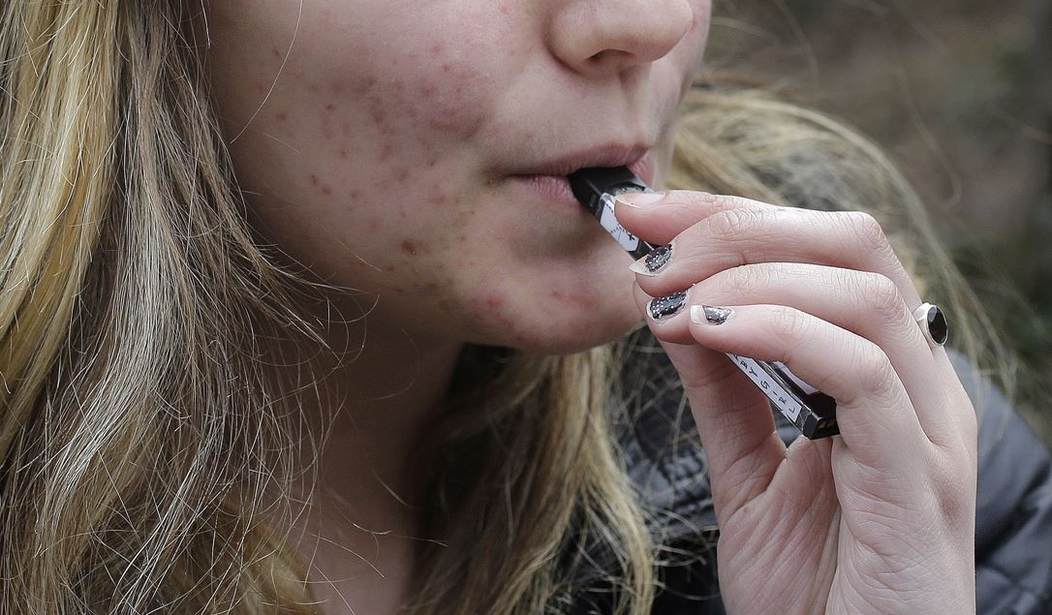On October 27, Health and Human Services (HHS) Secretary Xavier Becerra announced a sweeping federal plan to address and reduce the devastating toll of overdoses in America with the release of the HHS Overdose Prevention Strategy.
In the agency’s press release, Secretary Becerra noted that with the new strategy, HHS will be “breaking new ground to address the full range of drug use and addiction.” Specifically, Becerra commented that the “new strategy focuses on people – putting the very individuals who have struggled with addiction in positions of power.”
The HHS strategy will focus on four areas including “primary prevention, harm reduction, evidence-based treatment, and recovery support.”
It’s a worthwhile goal, and long overdue. According to data from the National Institute on Drug Abuse, between 1999 and 2019, nearly half a million Americans (495,892) died from an opioid overdose. Worse, in provisional data from the Centers for Disease Control and Prevention, more than 96,000 Americans died from a drug overdose in the 12-month period ending in March 2021. In fact, more than 69,000 of those deaths were attributed to opioids.
The opioid epidemic has completely ravaged America. In 2017, the opioid epidemic cost the American public more than $1 trillion in “costs associated with added health care expenses, criminal justice, lost productivity, and reduced quality of life.”
The plan is controversial in its embrace of harm reduction. With the new strategy, HHS will spend federal funding “to expand the distribution of naloxone … fund programs in which drug users can exchange used syringes for clean ones … and deliver test strips” to allow users to test for fentanyl.
Recommended
While Becerra and HHS can be lauded for their approach to addressing the nation’s opioid epidemic, the same federal government is ignoring and denying harm reduction for an even worse epidemic: the tobacco epidemic.
Every year, more than 480,000 Americans die from smoking-related health issues. In the United States, smoking causes more than $300 billion annually in economic costs, including $225 billion in “direct medical care for adults” and more than “$156 billion in lost productivity.”
The idea of tobacco harm reduction can be traced back decades. In 1976, Michael Russell (a leading tobacco researcher) declared that “people smoke for nicotine but die from the tar.” Since then, many, including tobacco companies and public health groups to pharmaceutical companies and consumers themselves have developed tobacco products that reduce the harms associated with combustible cigarettes.
In fact, deeply lost in the alarmism regarding tobacco is that such products exist on a continuum of risk, with combusted tobacco being the most harmful of tobacco products. From combusted to oral products the risk decreases and declines even further among novel tobacco products such as e-cigarettes and heated devices, as well as pharmaceutical nicotine replacement therapies (NRT) including patches and nasal sprays.
Unfortunately, while the Biden administration is keen to embrace harm reduction for opioid use disorders, the same federal agencies are actively shutting down harm reduction options for the millions of American adults that have successfully quit smoking with the use of e-cigarettes.
On September 9, 2021, the Food and Drug Administration (FDA) announced “significant progress” in their review of e-cigarettes’ premarket tobacco product applications (PMTAs), which were due in September 2020. In their announcement, the FDA declared that the agency has denied “more than 946,000 flavored [e-cigarette] products because their applications lacked sufficient evidence that they have a benefit to adult smokers sufficient to overcome the public health threat posed by the well-documented, alarming levels of youth use of such products.”
The FDA pretty much issued blanket denials to hundreds of companies because of youth use of e-cigarette products, even though e-cigarettes are also overwhelmingly being used by adults that are current and/or former smokers.
Not only are e-cigarettes 95 percent safer than combustible cigarettes, studies have also found them to be more effective than FDA-approved NRT (including gums, lozenges, and patches). A 2019 randomized trial found e-cigarettes to be twice as effective as NRT in helping smokers quit. A 2021 randomized control trial found that among “smokers unable to quit using conventional methods, e-cigarettes were more effective than [NRT] in facilitating validated long-term smoking reduction.” E-cigarettes are so effective that the publicly funded health care service for England is updating its guidance to allow these products to be prescribed “to help people stop smoking tobacco products.”
This evidence is lost among federal regulators. In Becerra’s harm reduction strategy for opioids, HHS notes that the plan was conducted “using best available data and evidence to inform policy and actions.” In the FDA’s recent blanket denials for e-cigarettes, the agency has ignored the data.
The smoking epidemic has wrought damage to the American public for far too long, but there are solutions to help the millions of Americans that continue to smoke. Until the same public health regulators embrace all forms of harm reduction, many more Americans will continue to suffer from the long enduring tobacco epidemic.

























Join the conversation as a VIP Member